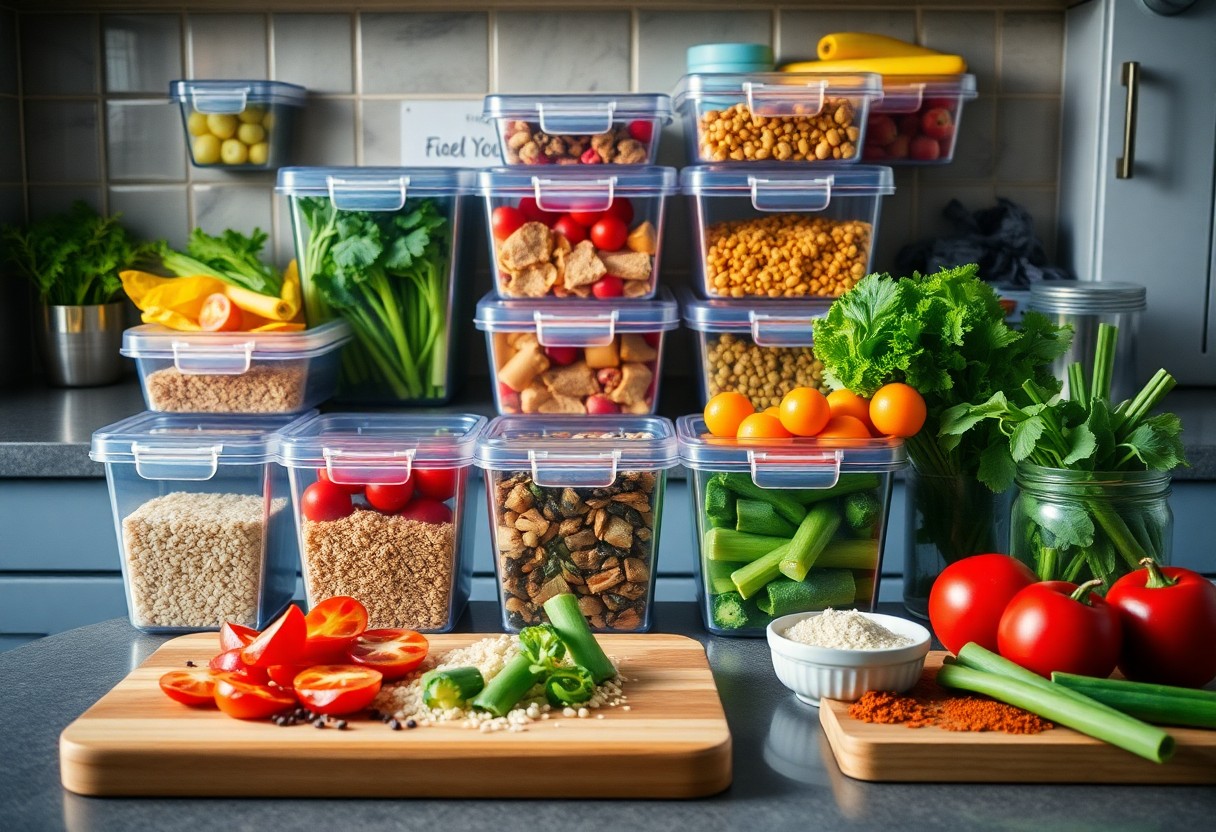Meal prep is the practice of preparing your meals in advance to ensure you eat healthy and save time during the busy week. By dedicating a few hours each week to this process, you make it convenient for yourself to stick to a nutritious eating plan while also gaining control over what goes into your body. Here’s a look at how to effectively meal prep while keeping safety in mind.
First and foremost, food safety should be your top priority. Begin by ensuring your workspace is clean and organized. Wash your hands with soap and water for at least 20 seconds before touching any food items. Use separate cutting boards for raw meats and vegetables to prevent cross-contamination, which could lead to foodborne illnesses.
Choosing the right ingredients is also necessary. Focus on fresh, whole foods, such as fruits, vegetables, lean proteins, and whole grains. Incorporate a variety of ingredients to maintain a balanced diet and to keep your meals exciting. When buying groceries, inspect produce for freshness and avoid items that show signs of spoilage.
As you begin to prepare your meals, planning is key. You should set aside time to decide what meals you want to create for the week. Create a shopping list based on your menu and stick to it to avoid impulse purchases. This will save you both money and time while allowing you to focus on preparing healthy meals.
Now, let’s talk about the cooking process. When cooking proteins, ensure they reach safe temperatures using a food thermometer. Chicken should be cooked to an internal temperature of 165°F, while beef should reach at least 145°F. Cooking proteins to recommended temperatures will help keep your meals safe from harmful bacteria.
Once you have cooked your meals, allow them to cool before storing them. This prevents condensation, which can cause mold and spoilage. Divide your meals into individual containers that can be easily reheated. You can use glass or BPA-free plastic containers, which are both microwave and dishwasher safe. Labeling your containers with the date helps you keep track of freshness and safety as well.
Storing your meals properly is also necessary for maintaining food quality. Place them in the refrigerator if you’ll consume them within three to four days. For longer-lasting meals, consider freezing them. Most cooked meals can last in the freezer for up to three months. When reheating, make sure to heat food thoroughly to ensure it’s safe to eat.
Lastly, keep in mind that meal prepping is about efficiency and convenience, so don’t get discouraged if it takes some time to find a system that works for you. Feel free to experiment with different recipes and adjust portion sizes as needed. The ultimate goal is to develop habits that allow you to eat healthy, save time, and enjoy your meals without stressing about what to cook each day. Happy meal prepping!

Leave a Reply